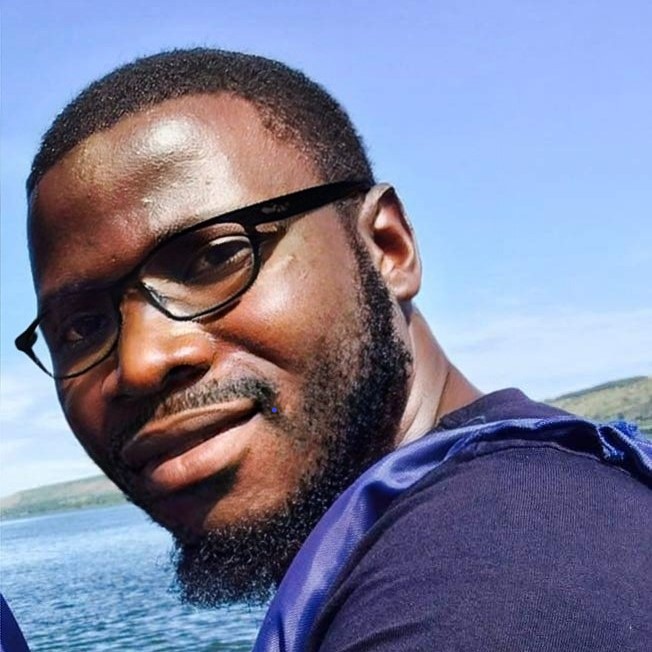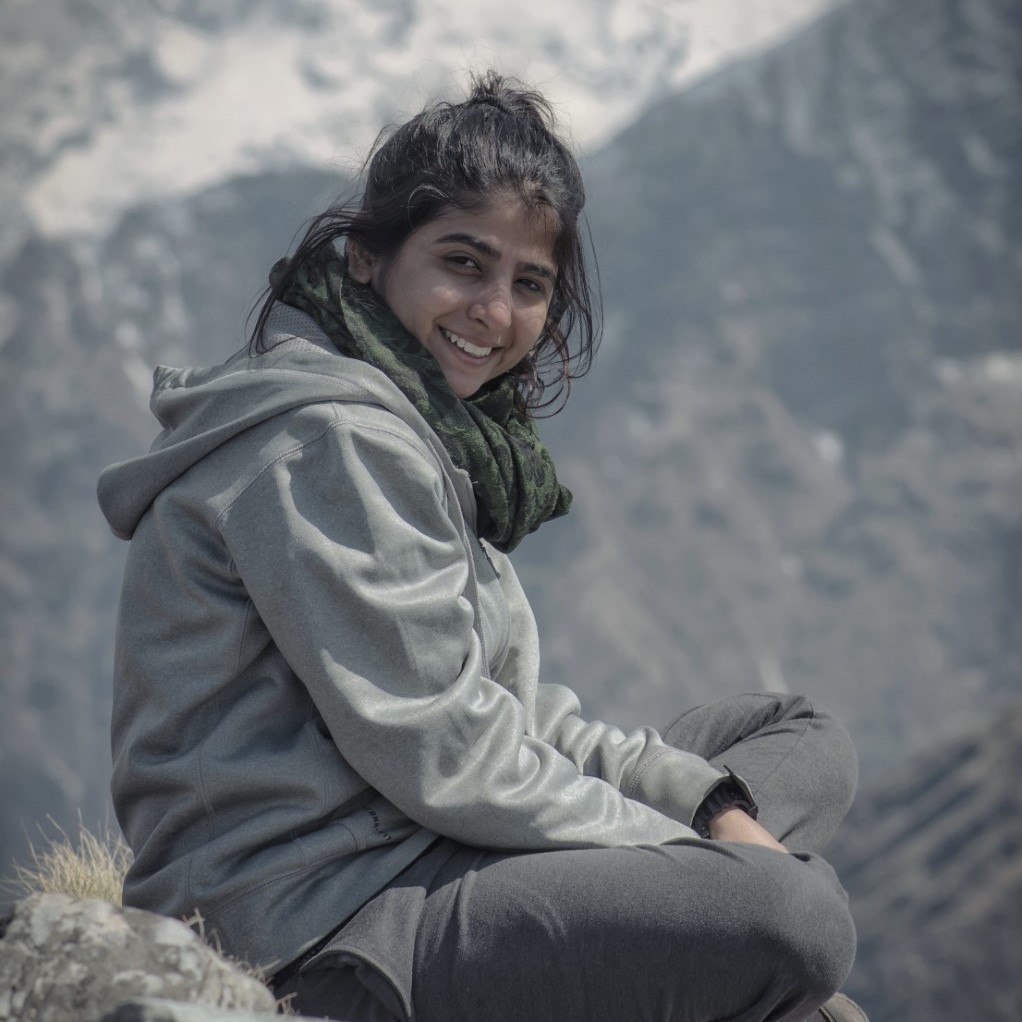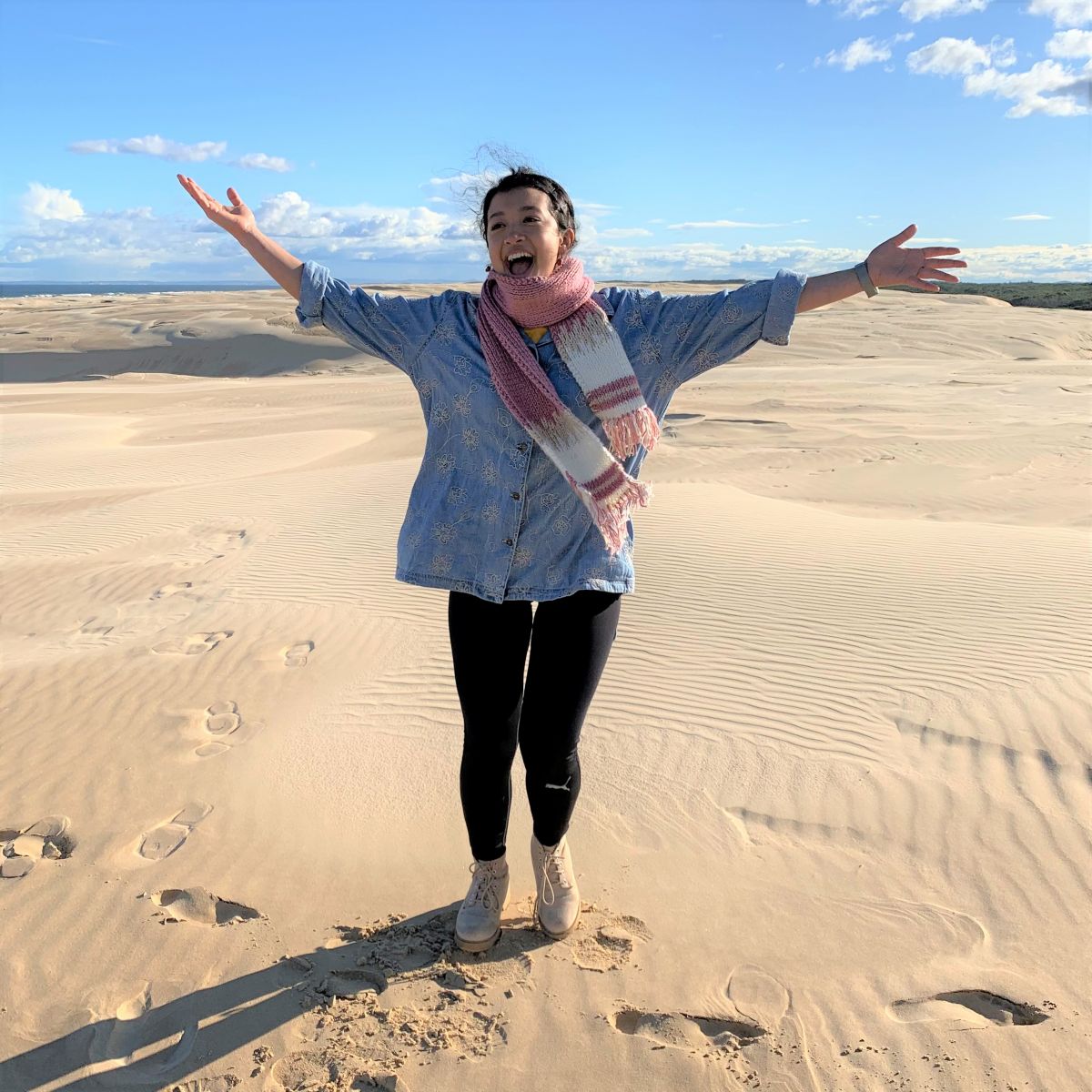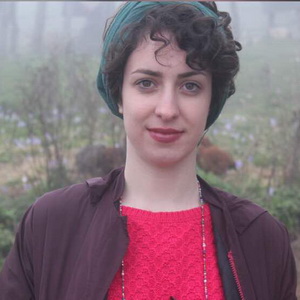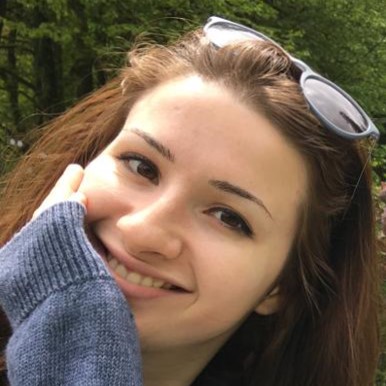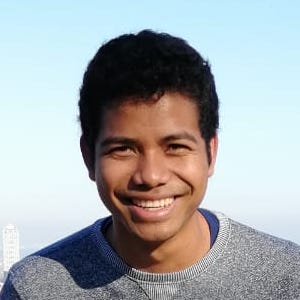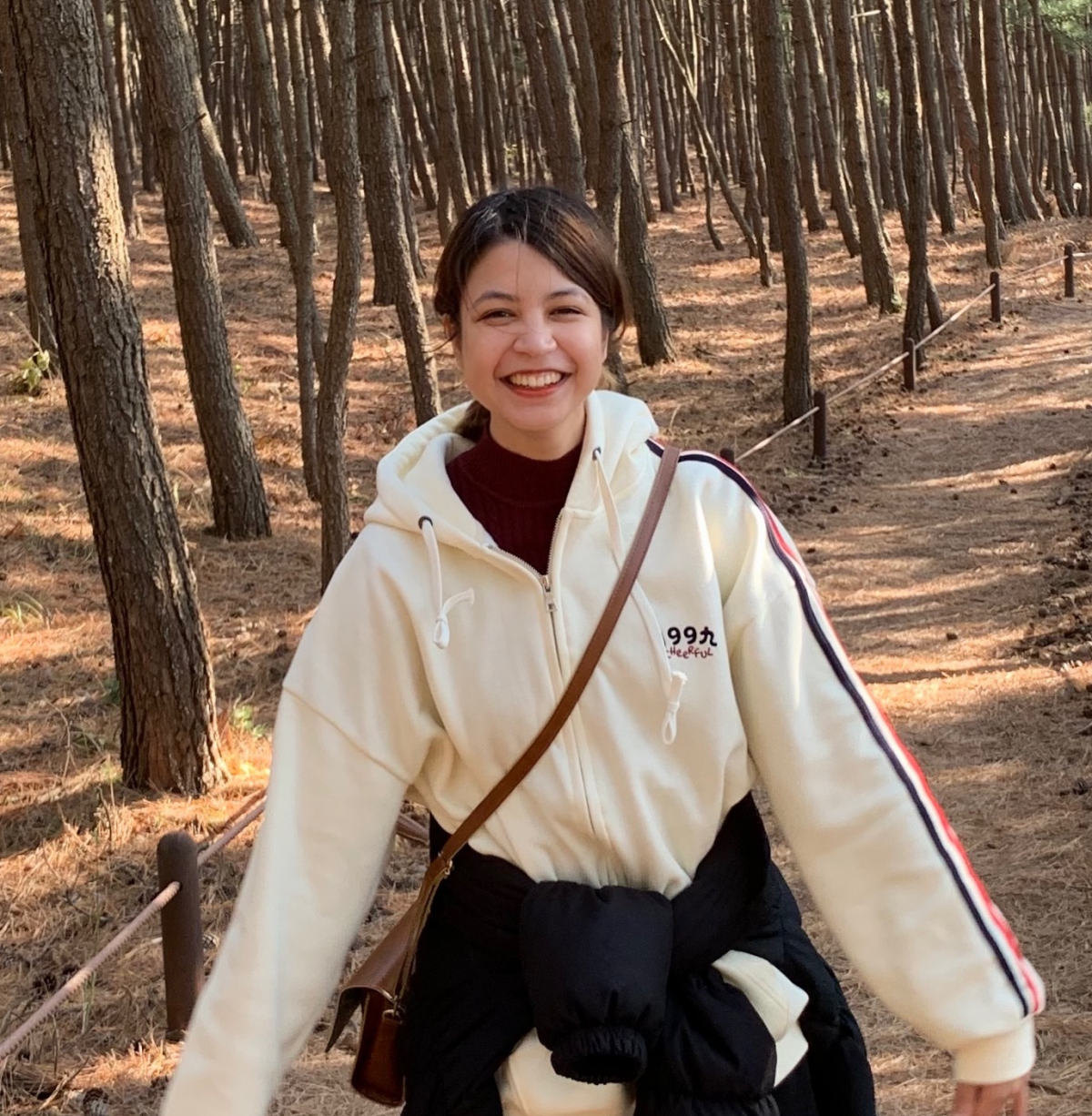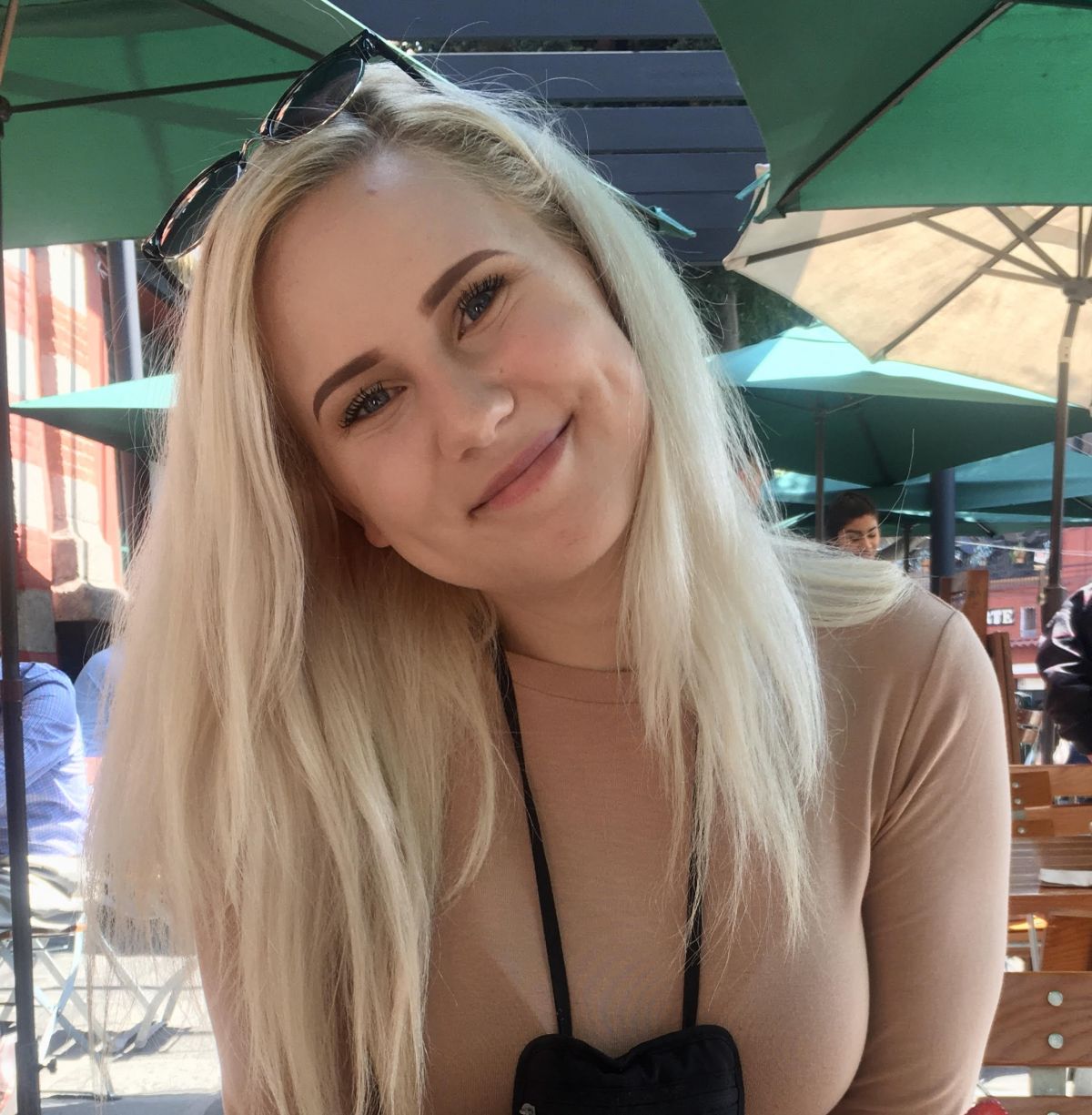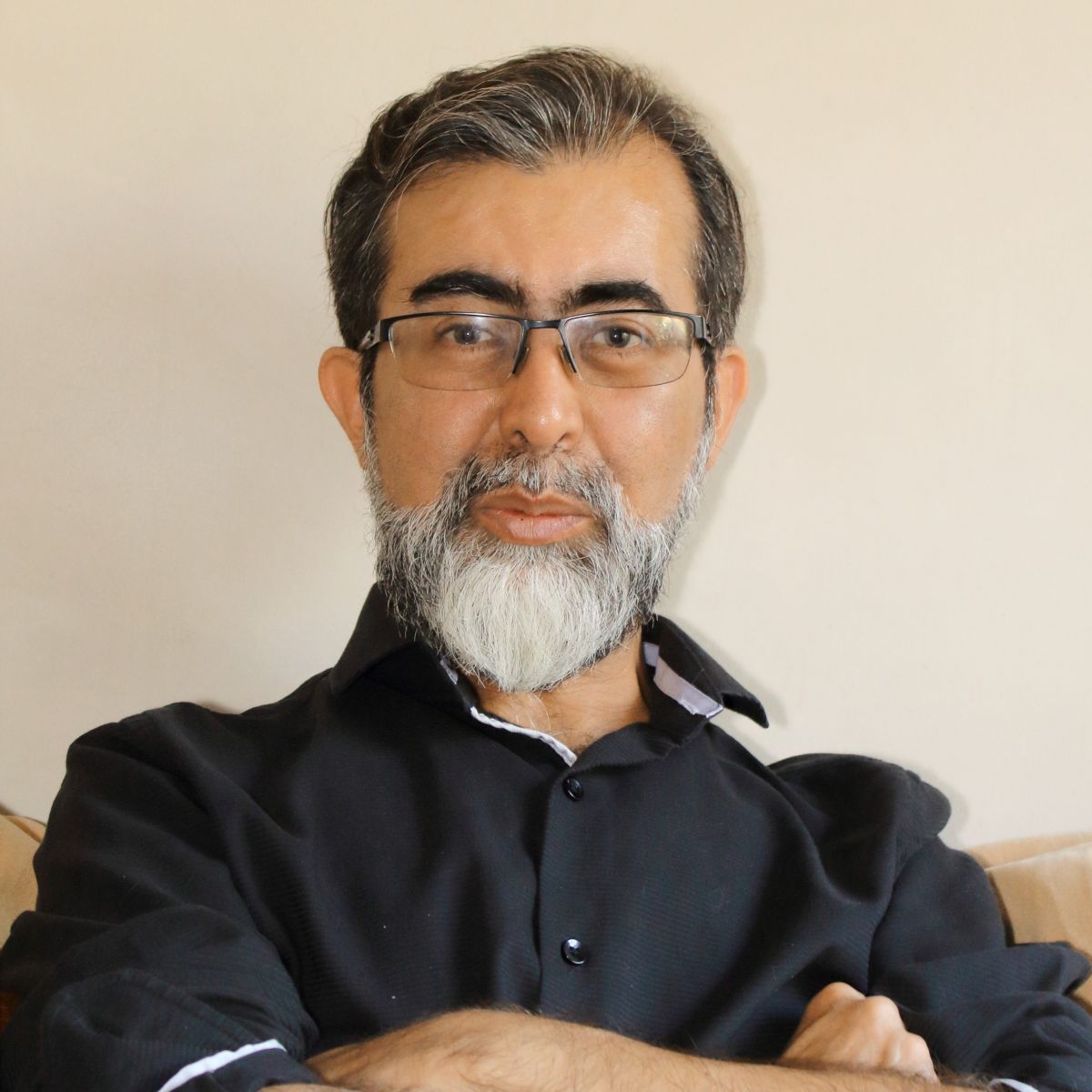Scoprire una lingua straniera
La pratica è l’arte delle scienze.
DR of the Congo, Middle Africa
Story by Salum Ndezi. Translated by Stefania Ledda
Published on March 14, 2021.
This story is also available in 






Ero nei guai. In Rwanda non avevo più soldi per pagare le tasse universitarie e dovevo ritornare nella mia città nella Repubblica Democratica del Congo entro due settimane.
Prima che il mio viaggio iniziasse andavo all’università per usare la connessione Wi-Fi. Un giorno, mentre ero in biblioteca, un ragazzo mi si avvicinò e mi chiese la password della rete Wi-Fi. Gliela diedi e poi si sedette vicino a me. Pochi minuti dopo mio padre mi chiamò e abbassai la voce sia perché ero in biblioteca, sia perché stavamo parlando in Swahili. Dopo la telefonata, il ragazzo a cui avevo dato la password disse “Jambo kaka”, mi salutò in lingua Swahili.
Eravamo entrambi immigrati. La nostra amicizia iniziò da questo.
“Ti ho sentito parlare in Swahili al telefono. Io vengo dal Burundi” disse. Uscimmo dalla biblioteca e parlammo a lungo. Ero così entusiasta di aver trovato qualcuno che potesse parlare bene in Swahili perché era nella mia lingua materna che riuscivo a esprimermi liberamente. Eravamo entrambi immigrati. La nostra amicizia iniziò da questo. A partire da quel giorno iniziammo a frequentarci regolarmente. Più tardi, mi disse che faceva l’insegnante di francese in una scuola elementare. La cosa mi interessò molto visto che avevo studiato francese alle scuole superiori e ciò mi permetteva di qualificarmi come insegnante per le scuole elementari. Non sapevo che alle elementari in Rwanda si insegnasse la lingua francese, anche perché nel 2009 il Paese aveva cambiato la sua lingua ufficiale passando dal francese all’inglese, diventando quindi un paese anglofono. Sapevo solamente che il francese era una materia d’insegnamento alle scuole superiori. Così, il mio nuovo amico mi diede altri dettagli sul lavoro.
Iniziai a sentirmi eccitato fino a che non iniziai a essere dubbioso. “Sì, sono un insegnante, ma non ho mai insegnato se non durante un tirocinio di un mese, quando stavo per diplomarmi alle scuole superiori. Non ho alcuna esperienza come insegnante. Ma devo provarci. Se fallisco, va bene lo stesso” dissi tra me e me. Quando arrivai al mio quartiere, trascorsi tutta la notte a prepare il mio curriculum per candidarmi in diverse scuole della zona. Il giorno successivo vi andai e presentai la mia candidatura per il posto di insegnante di francese. Dopo averlo fatto cominciai a essere preoccupato, perché in Africa prima di poter presentare una candidatura da qualsiasi parte, è necessario aver conosciuto una di queste tre persone: un familiare o un amico che lavori nello stesso posto dove hai presentato la candidatura oppure una persona che abbia dei buoni rapporti con il capo.
Se fallisco, va bene lo stesso” dissi tra me e me.
Ma tutto questo non mi scoraggiò. Pregai dio e dopo cinque giorni ottenni il lavoro!
Ero davvero felice. Immaginate di essere un immigrato che, senza esperienza e senza alcun aiuto, si candida per una posizione e ottiene il lavoro in un colpo solo. Questo non succede tutti i giorni. E’ un miracolo. Le mie paure si trasformarono in gioia in un secondo. Cominciai una vita indipendente e iniziai a pianificare il mio futuro. Potevo pagare l’affitto, la spesa e altri costi, e anche aiutare i miei genitori e la mia famiglia. Nel fine settimana uscivo con il mio amico immigrato. Sono molto felice di insegnare il francese. Insegnare mi sta aiutando a migliorare le mie abilità linguistiche in francese visto che faccio pratica ogni giorno. Come dicono i francesi “La pratique est l’art des sciences.”[1]
[1] “La pratica è l’arte delle scienze.”
How does this story make you feel?
Follow-up
Do you have any questions after reading this story? Do you want to follow-up on what you've just read? Get in touch with our team to learn more! Send an email to [email protected].
Talk about this Story
Please enable cookies to view the comments powered by Disqus.
Subscribe to our Monthly Newsletter
Stay up to date with new stories on Correspondents of the World by subscribing to our monthly newsletter:
Other Stories in Italiano
Explore other Topics
Get involved
At Correspondents of the World, we want to contribute to a better understanding of one another in a world that seems to get smaller by the day - but somehow neglects to bring people closer together as well. We think that one of the most frequent reasons for misunderstanding and unnecessarily heated debates is that we don't really understand how each of us is affected differently by global issues.
Our aim is to change that with every personal story we share.
Community Worldwide
Correspondents of the World is not just this website, but also a great community of people from all over the world. While face-to-face meetings are difficult at the moment, our Facebook Community Group is THE place to be to meet other people invested in Correspondents of the World. We are currently running a series of online-tea talks to get to know each other better.











